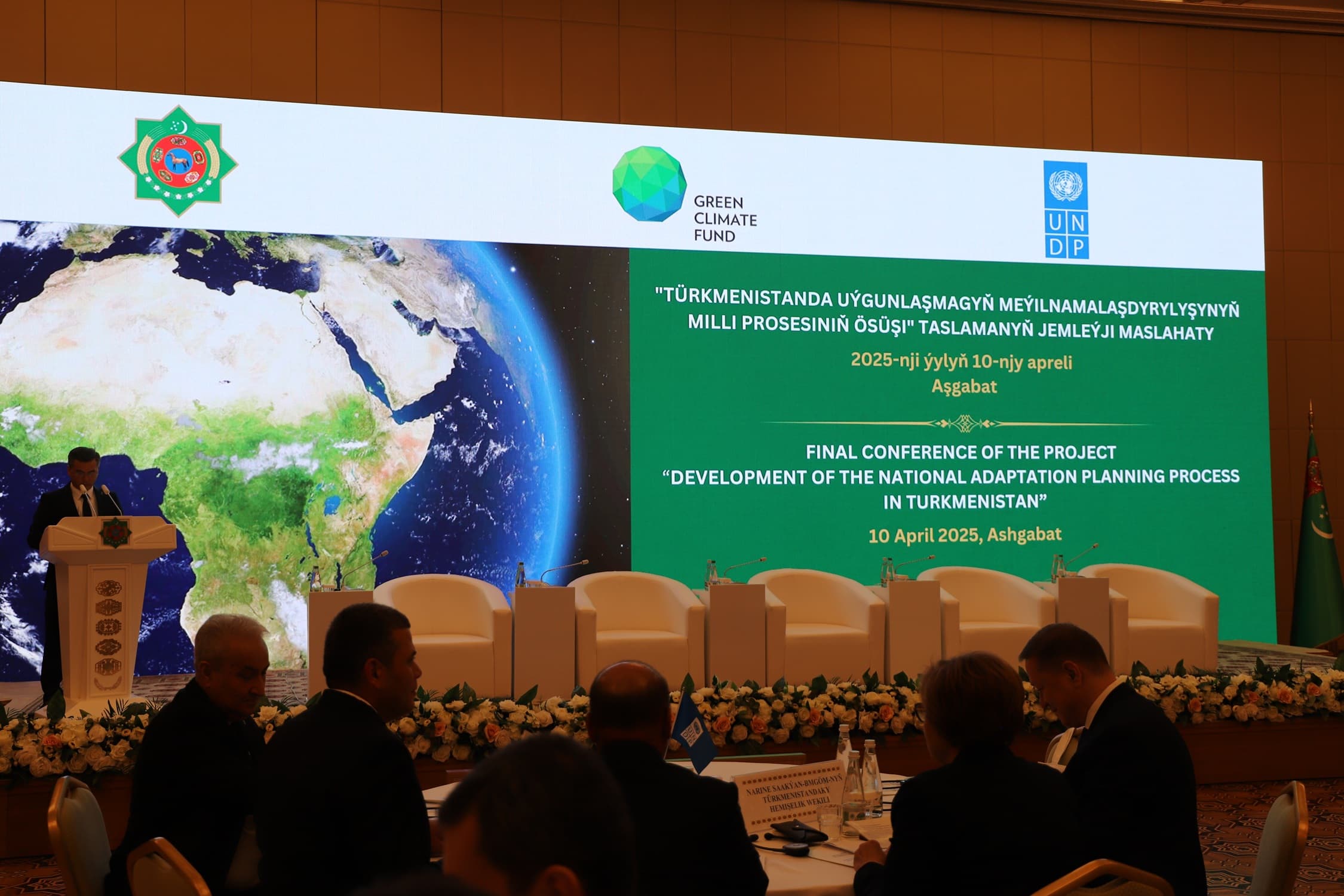
The United Nations Development Programme (UNDP) and Green Climate Fund (GCF) project "Developing a National Adaptation Planning Process in Turkmenistan" (NAP), implemented in cooperation with the Ministry of Environmental Protection of Turkmenistan, concluded with a high-level final conference held at the “Yyldyz” Hotel on 10 April 2025. The event highlighted the project’s key achievements and outlined the country’s plans for addressing the ongoing challenges posed by climate change.
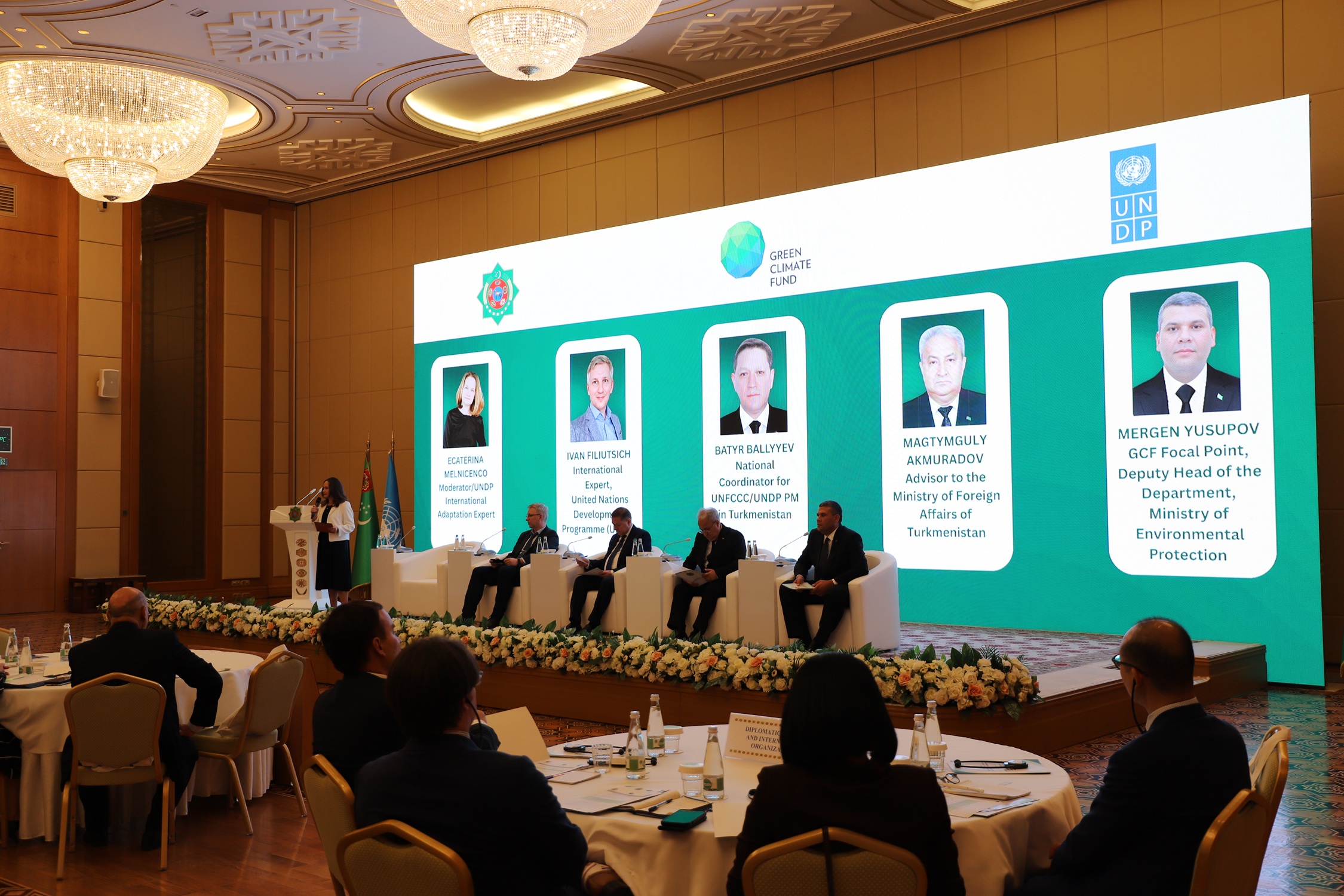
Launched in 2021, the NAP project has played important role in enhancing Turkmenistan’s institutional and technical capacity to adapt to climate change. Over the course of four years, the project successfully mainstreamed climate risk assessments and adaptation planning into national development processes and budgeting frameworks.
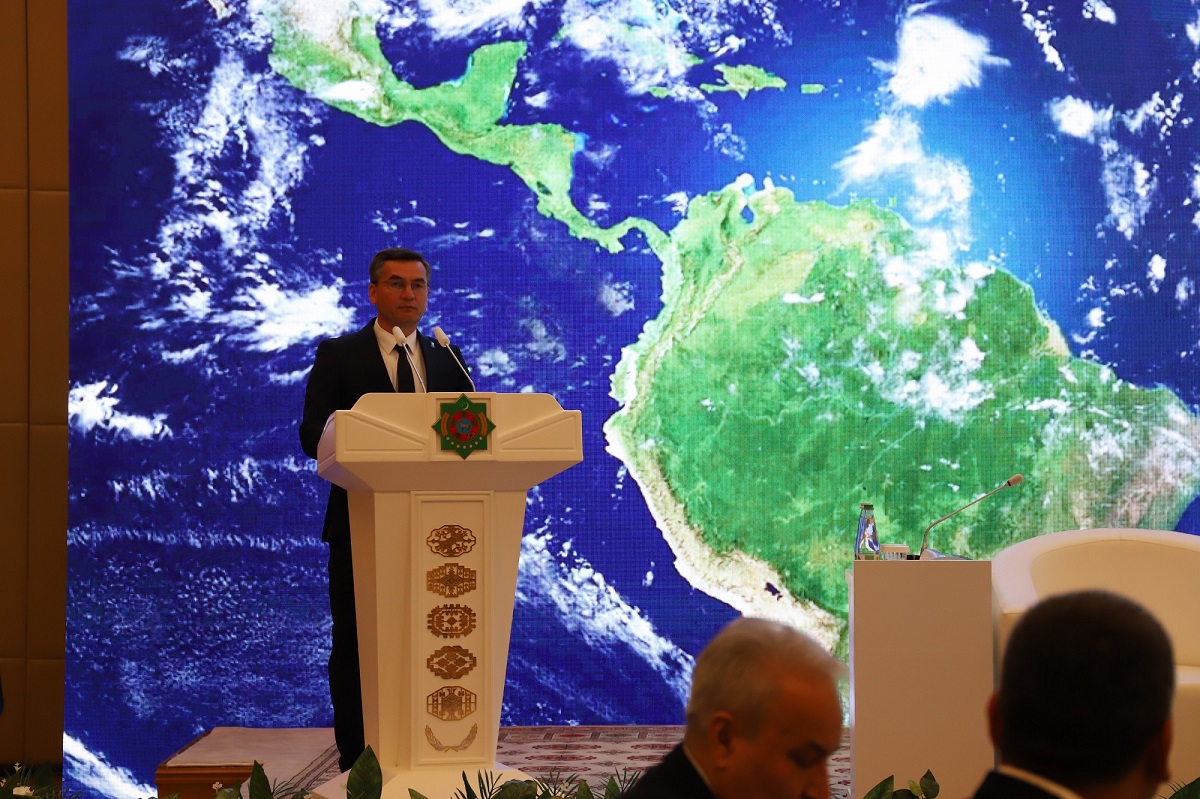
Implemented jointly by UNDP and the Ministry of Environmental Protection, the project achieved significant progress, including the establishment of a framework to support the implementation of the Paris Agreement, collection of vital data to inform planning in the water sector, and development stakeholders capacities to address climate-related challenges effectively.
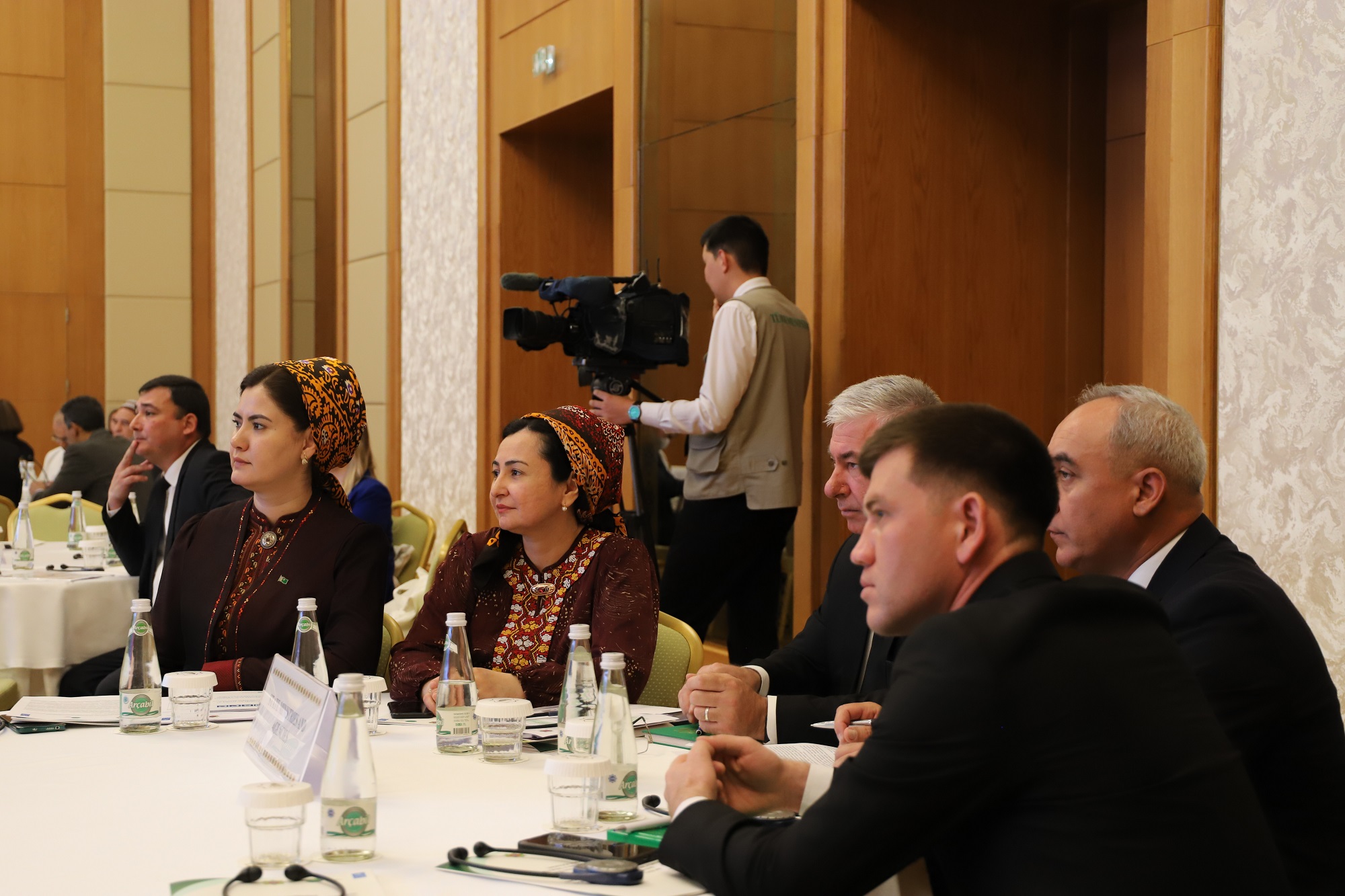
The project built on existing strategic frameworks, including Turkmenistan’s National Climate Change Strategy (2019) and Nationally Determined Contribution (2022), and introduced concrete tools for their implementation. Notable outcomes included the development of the Roadmap for the National Adaptation Plan of Turkmenistan and the Concept for the Development of Climate Finance in Turkmenistan. These outputs were the focus of presentations and discussions throughout the conference.
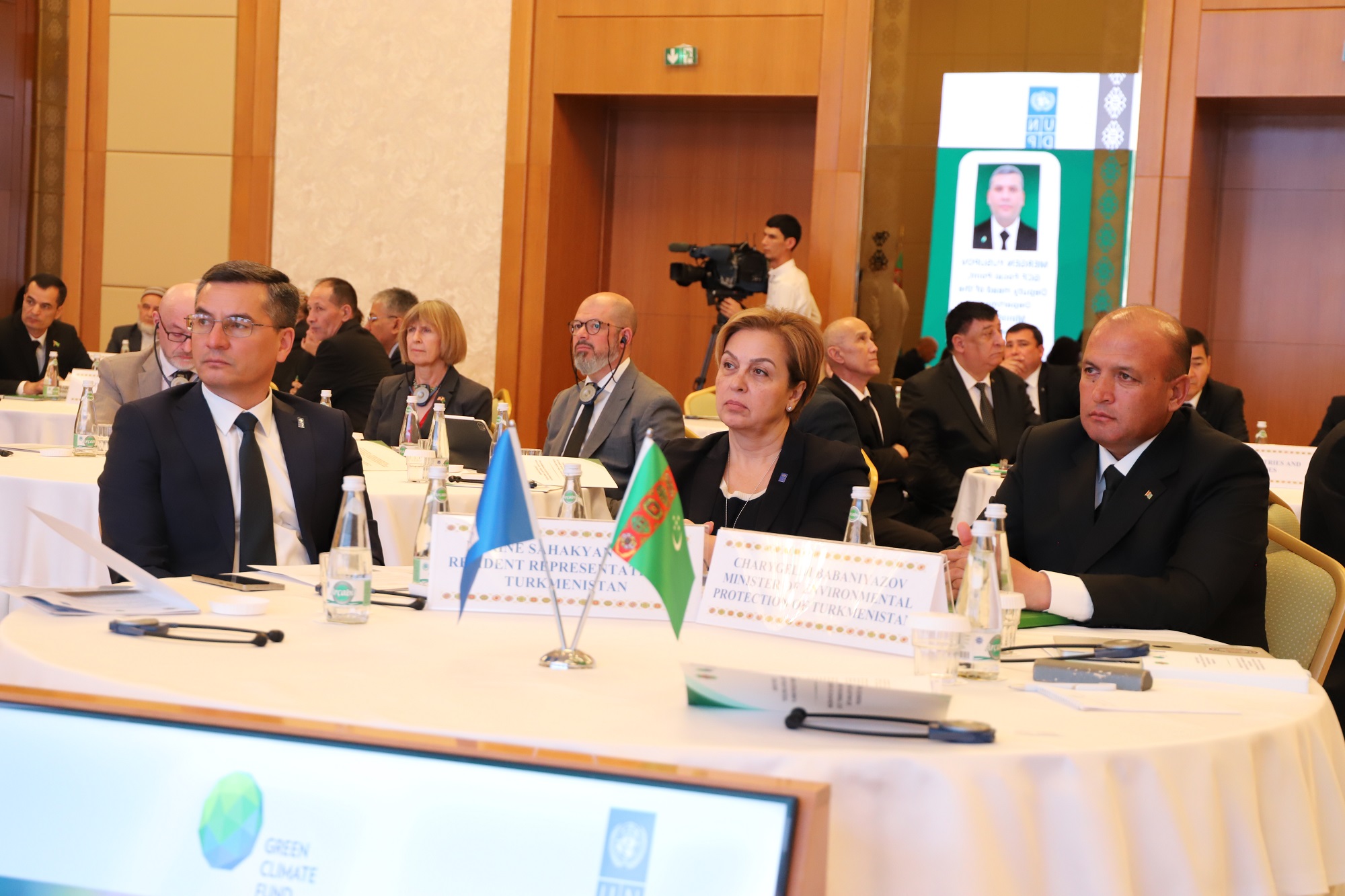
In her opening remarks, Ms. Narine Sahakyan, UNDP Resident Representative in Turkmenistan, emphasized the critical role of National Adaptation Plans (NAPs) in building resilience to climate change:
"National Adaptation Plans are a cornerstone of global efforts to enhance resilience to climate change, serving as essential tools to reduce vulnerability and integrate adaptation into all levels of development planning. UNDP is proud to support the Government of Turkmenistan in this pivotal process. Moving forward, we are ready to collaborate on the next steps, including the development of sectoral NAPs for key economic sectors and the finalization of the Adaptation Financing Framework, which will mobilize both domestic and international resources. This framework will ensure that Turkmenistan has the necessary institutional mechanisms and financial capacity to meet its commitments under the Paris Agreement."
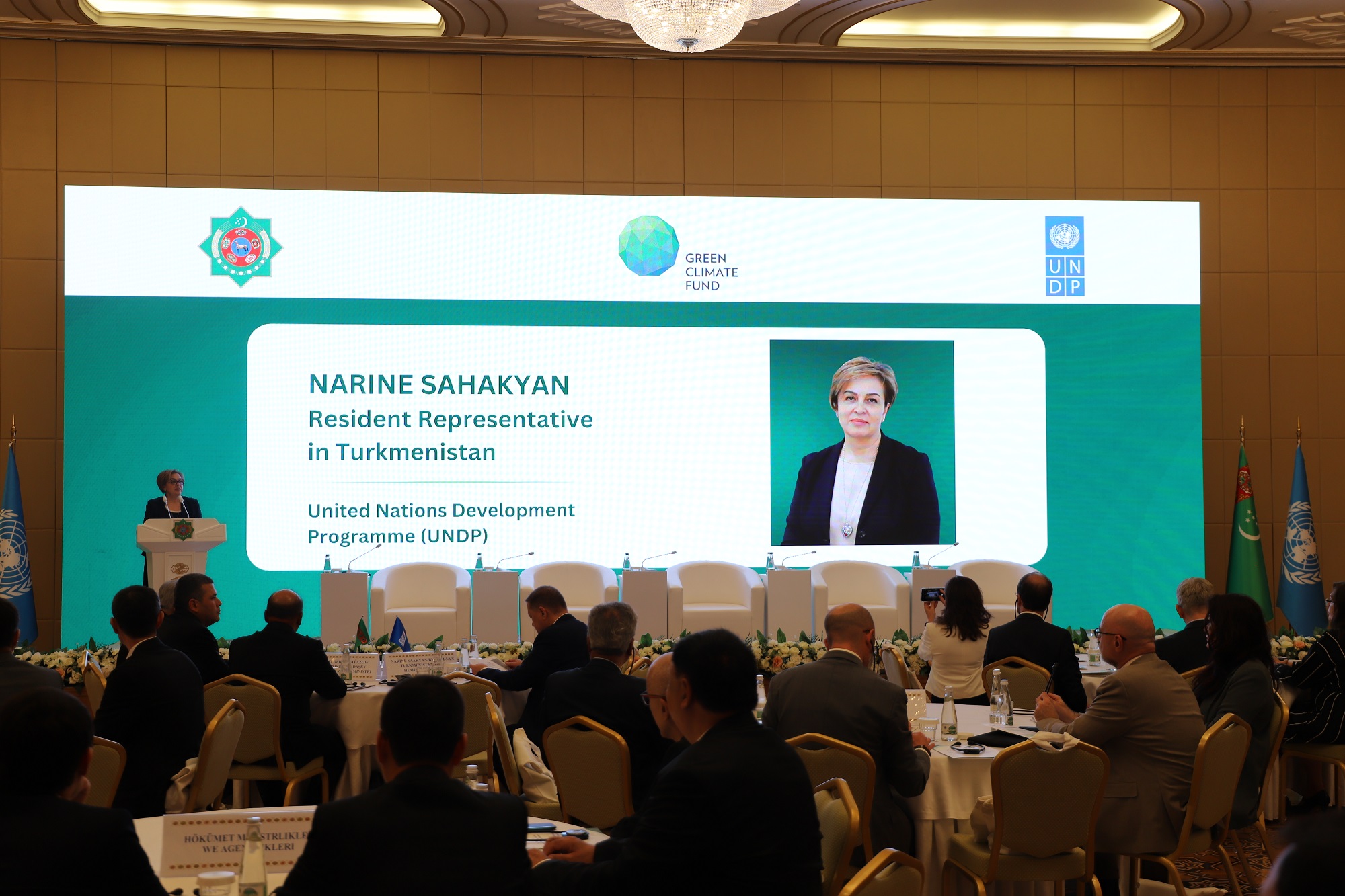
The conference was attended by a wide range of stakeholders, including government officials, climate experts, international organizations, academia, civil society, private sector representatives, and diplomatic missions.
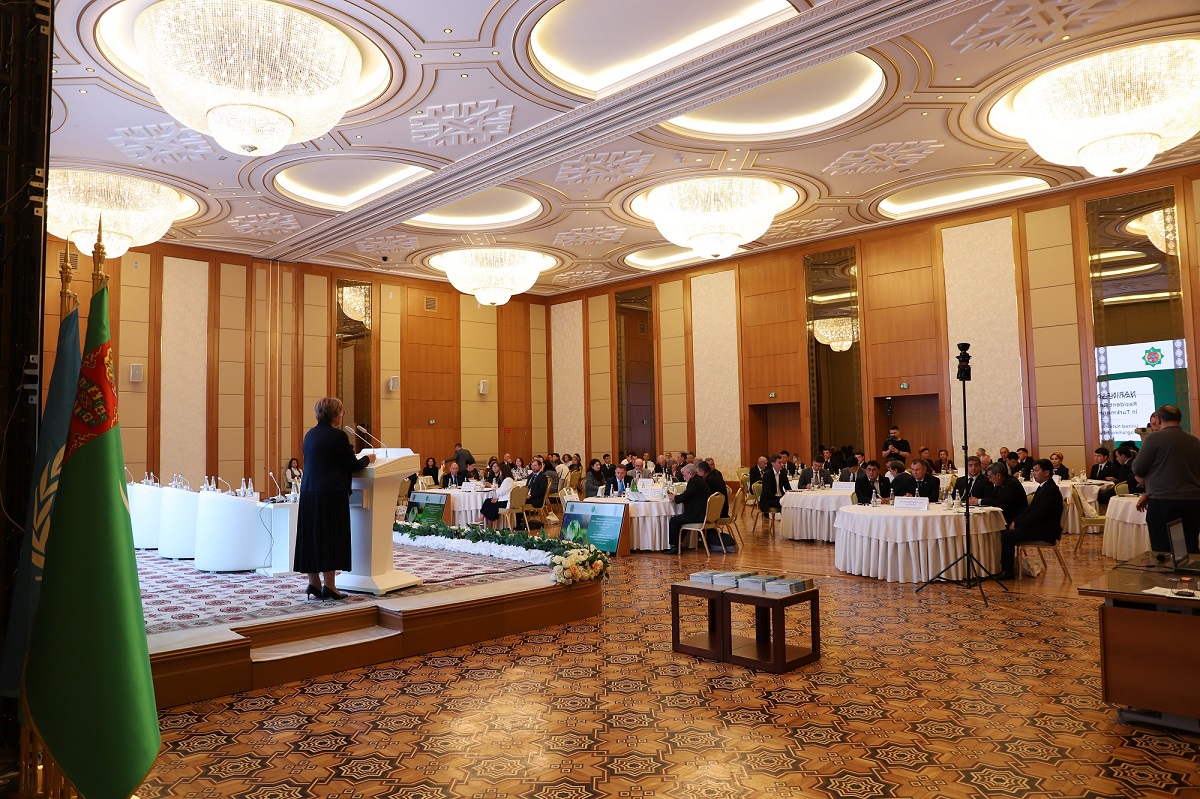
The first panel session discussed issues of strategic planning and international cooperation in climate change adaptation, featuring experts from UNDP, the Ministry of Environmental Protection, the Ministry of Foreign Affairs, and the United Nations Framework Convention on Climate Change (UNFCCC) National Focal Point. The second session focused on climate finance, with discussions on Turkmenistan’s draft Green Taxonomy, opportunities for cooperation with international financial institutions, and the Ministry of Finance and Economy’s role in driving sustainable development.
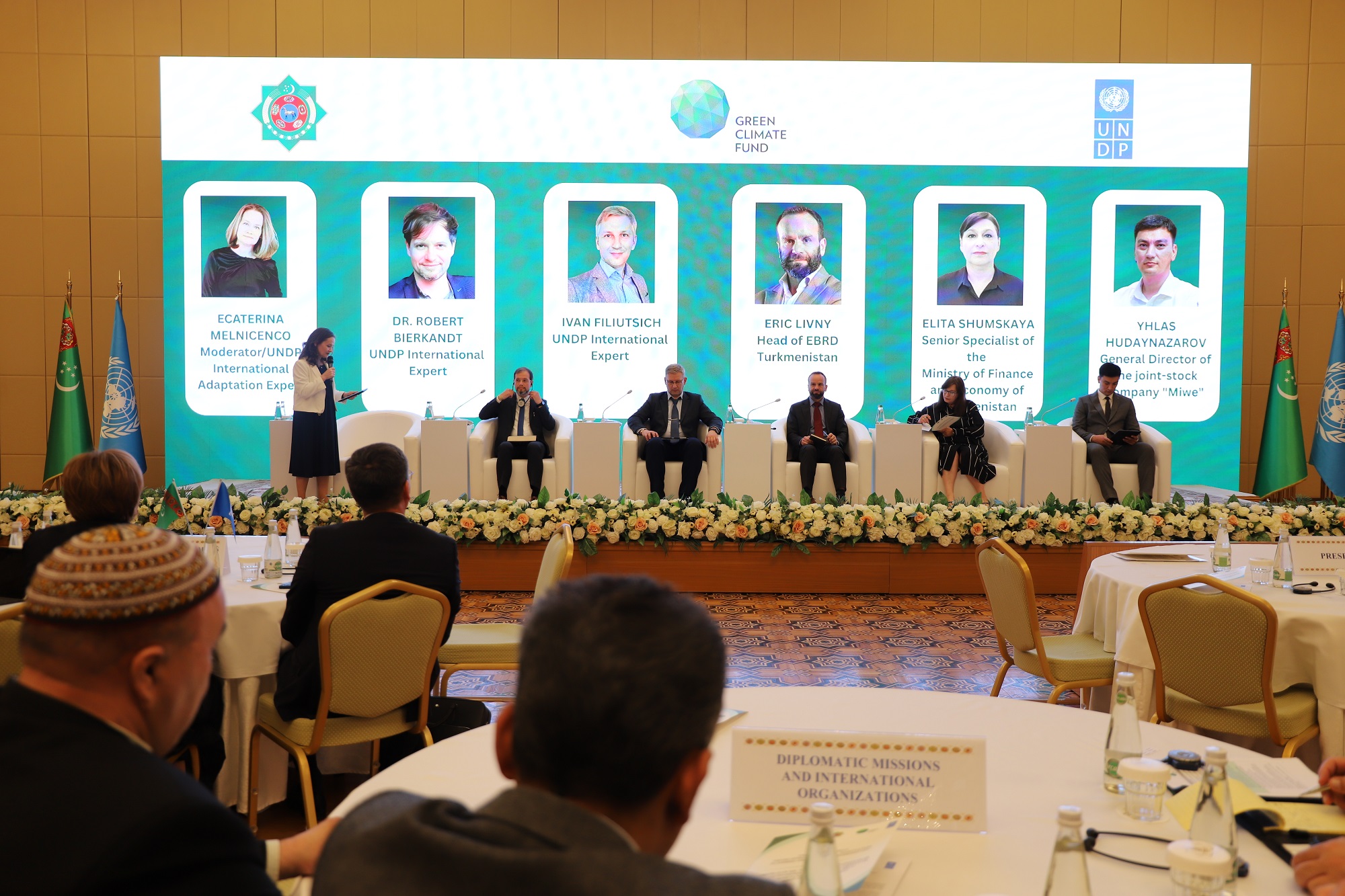
To support long-term knowledge building, the conference concluded with a ceremonial handover of educational materials—textbooks on integrating climate adaptation into water resource management—to relevant universities and research institutions in Turkmenistan.
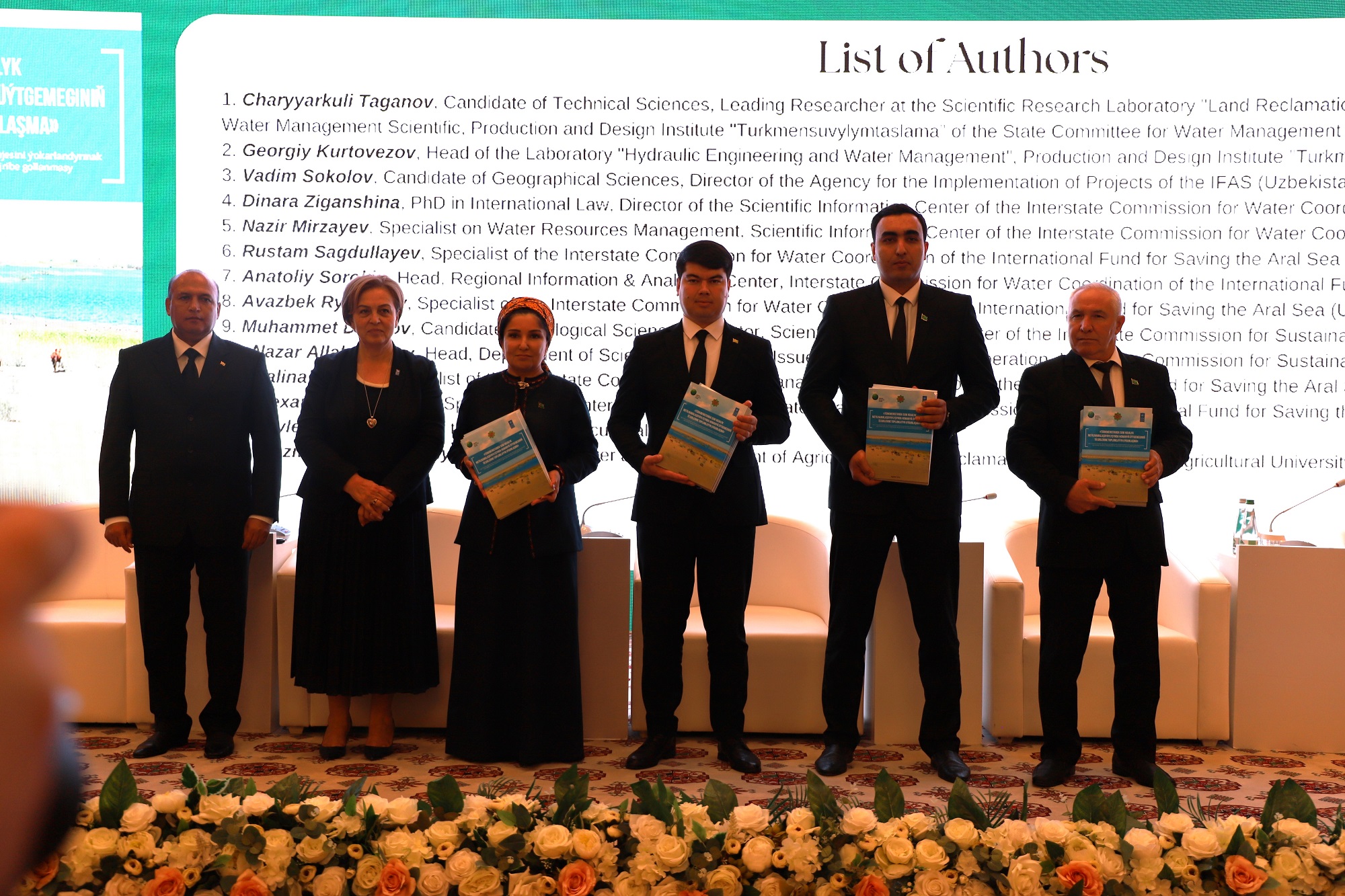
In addition to the conference, the event also featured a Photo Exhibition: Climate Change – Time to Act, which captured the urgency of addressing climate change through powerful imagery. The exhibition showcased the tangible impacts of climate change in the region — from droughts and dust storms to shifting rural landscapes. Complemented by contributions from Turkmen specialists, the exhibition highlights the national context and ongoing local efforts to adapt to climate risks.

The event underscored the importance of long-term planning, sustainable financing, and international partnerships in advancing national climate adaptation. The outcomes of the conference serve as a strong foundation for Turkmenistan’s continued efforts toward a climate-resilient future.

ORIENT